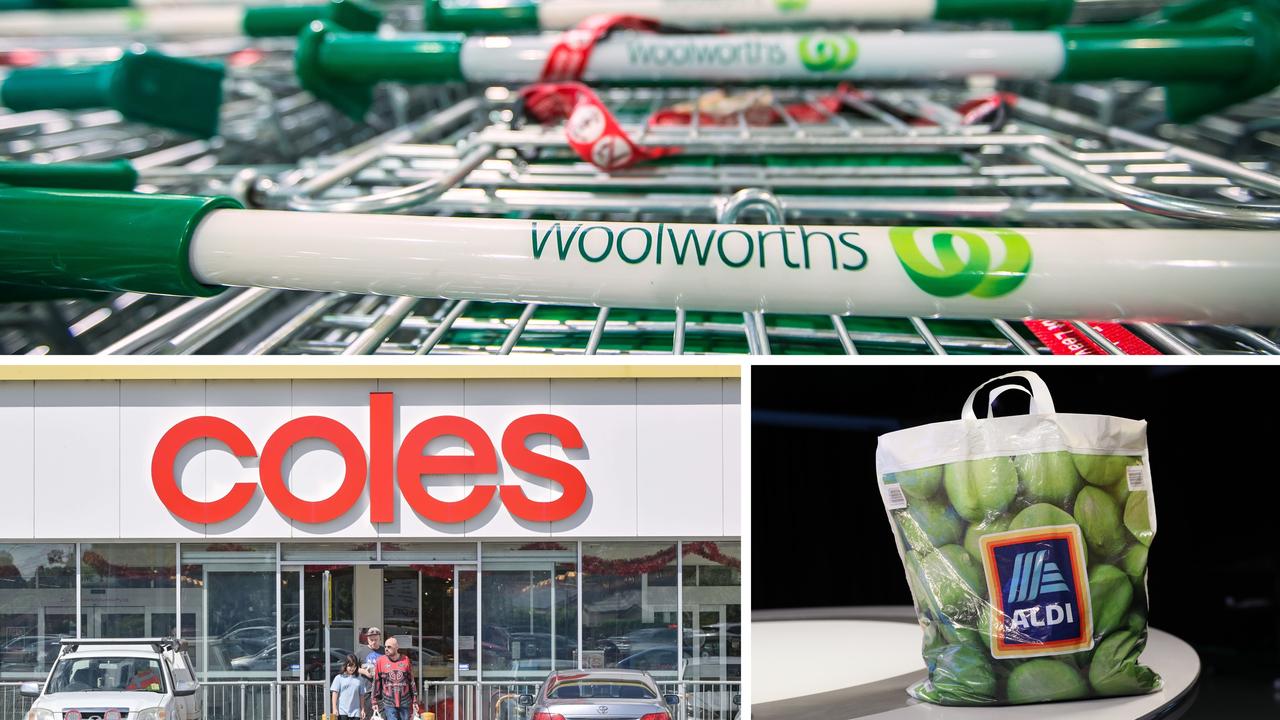Average credit card balance has fallen to a 14-year low
Australians have wiped about $5.5bn in credit card debt since the start of the COVID-19 outbreak, RBA data shows.

The average credit card balance has fallen to a 14-year low with Australians having now wiped about $5.5bn in credit card debt since the start of the COVID-19 outbreak, according to the latest Reserve Bank data.
The average credit card debt was at $2768.13, while almost half a million accounts have been closed in four months.
“One of the few positives from the COVID-19 pandemic is that credit card debt is being kicked to the curb,” said Sally Tindall, research director for comparison site RateCity.
“Credit card debt is one of the worst types of debt, with interest rates climbing as high as 24.99 per cent.
“Getting rid of it will free up space in the family budget before the government scales back COVID relief payments.”
The RBA data revealed that card spending overall dropped 0.2 per cent in July compared to June, with Australians clocking $57.3bn in payments for the month.
About $23.7bn of that card spend was on credit or charge cards, down 1 per cent on the prior month.
“Spending on ‘stay-at-home’ related household and electrical goods continues to be robust with Aussies – armed with stimulus payments and super withdrawals – confined to their home offices and lounge rooms,” said CommSec senior economist Ryan Felsman.
“But in-line with an easing in Commonwealth Bank credit and debit card spending, the Reserve Bank’s latest card lending data re-affirms the still-cautious attitude of consumers towards their ‘plastic fantastic’!
“Rising job market, economic and virus insecurities likely contributed to average credit, charge card balances hitting 14-years lows of $2,768.13 in July.”
Meanwhile growth in the value of ATM withdrawals fell compared to June, pushing the annual average to a 20-year low of $38.25m, Mr Felsman said.
“With concerns around the health and hygiene of banknotes, Aussies continue to prefer contactless payments rather than cash in the pandemic,” he said.
“And many retailers are only accepting cards as a means of payment.
“In this environment, bank ATMs are being used less and less with withdrawals from machines at 20-year lows in July. Cash is only sought as a store of wealth – especially $50 and $100 notes.”
Australian Bureau of Statistics data released last month revealed that national spending jumped to a record high in July as stuck-at-home Aussies spruced up their homes with new furniture and white goods.
Retail turnover in July was up 12.2 per cent in July compared to the same period a year ago, the ABS said at the time.



To join the conversation, please log in. Don't have an account? Register
Join the conversation, you are commenting as Logout